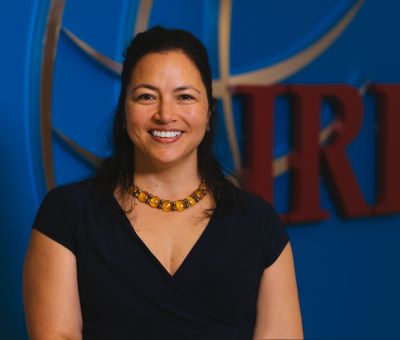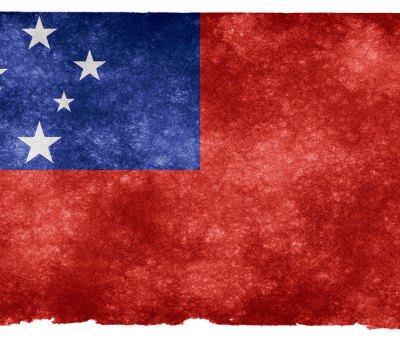
A New Party and a New — Female — Leader for Samoa…
With funding from the United States Agency for International Development, the International Republican Institute (IRI) is working to promote democratic…
Papua New Guinea (PNG) has been holding regular elections since independence in 1975 but the 20-year civil war that took place on its islands of Bougainville overshadowed the results. As PNG and Bougainville work towards a peaceful independence, IRI is supporting the inclusion of women in the political and independence process to ensure the Pacific’s biggest conflict since WWII remains in the past.
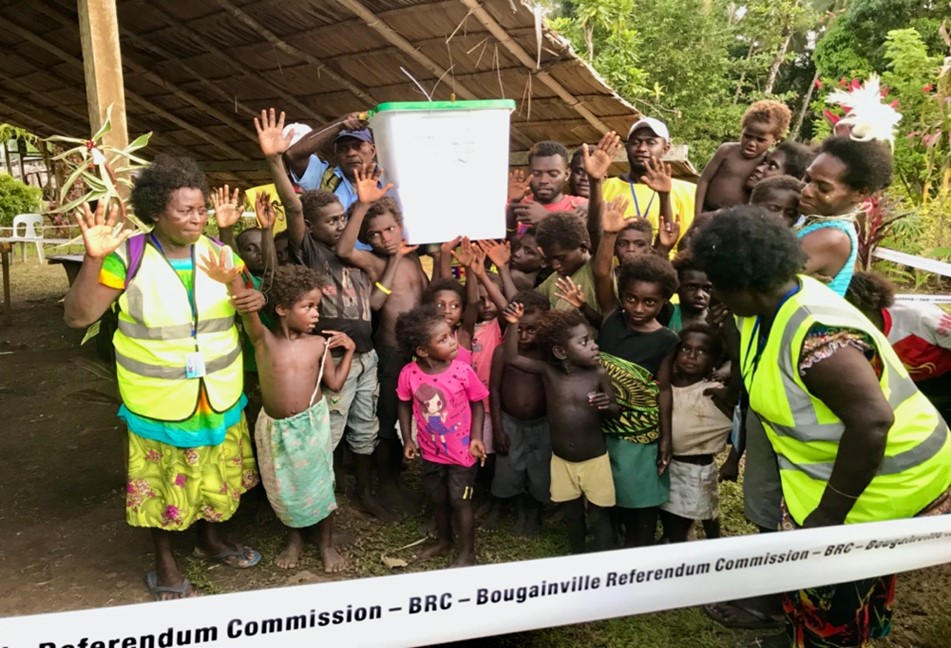
Throughout the 1980s, the people of the three islands of Bougainville clashed violently with forces from the PNG mainland over mining rights. After a ceasefire was declared in 1997, the Autonomous Region of Bougainville was established, and later, Bougainvilleans were presented with a referendum asking them to choose between “greater autonomy” or “independence” from PNG. Ahead of the referendum in 2019, IRI supported four local civil society organizations to provide non-partisan, unbiased voter education to thousands of citizens. The result of the vote was overwhelming: 97% of voters chose independence during a referendum with almost no election violence that was largely attributed to the clear understanding voters had of the process. In 2020, Bougainville held general elections and four women now sit in its autonomous Parliament. The elected members will be part of the delegation to determine how independence from PNG is executed.
This is important because history has shown that almost 40 percent of peace agreement last longer than 15 years when women are involved. Unfortunately, despite men and women having guaranteed equal voting rights, the Pacific Islands have among the lowest levels of female representation in government in the world. A combination of antiquated laws, cultural norms and geographic challenges often prevent women from contesting national elections and seeing success at the polls. For those that are successful, women oftentimes are assigned subordinate roles or placed in positions with little ability to effect change in their country. Furthermore, in countries like PNG, women experience higher levels of election-related violence than men, which also deters them from contesting.
Since 1975, only seven women have been elected to mainland PNG’s parliament, and today only three women are serving. For women to see real progress across the Pacific Islands, they must have the ability to support and empower one another to gain a stronger position in government. IRI works to facilitate this through its Pacific Islands Leadership Training Schools (LTS) by providing skills training in leadership, advocacy, public speaking, campaigning and teamwork. PNG program graduates become part of IRI’s Pacific Islands LTS alumnae network and connect with rising women leaders from the 11 other Pacific Island nations in which IRI works. PNG is expected to hold its next national elections in mid-2022, and IRI is providing a series of candidate campaign schools targeting first-time candidates who will be mostly women and youth. Bougainville has the potential to become the world’s newest country, and PNG has the potential to show how a ruling government can allow that to happen peacefully. However, both jurisdictions have an opportunity to show the world the kind of success that follows by electing women, putting them in prominent positions, and incorporating them into the peace process. IRI is proud to support their efforts.

With funding from the United States Agency for International Development, the International Republican Institute (IRI) is working to promote democratic…
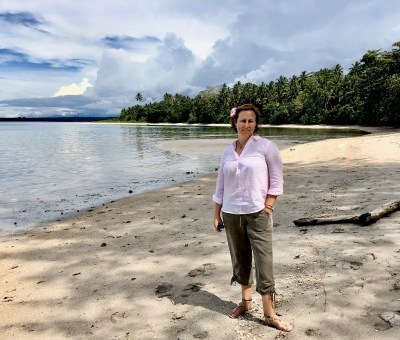
At the International Republican Institute (IRI), we are proud of the democratic advancements made through our programs, partnerships and networks…
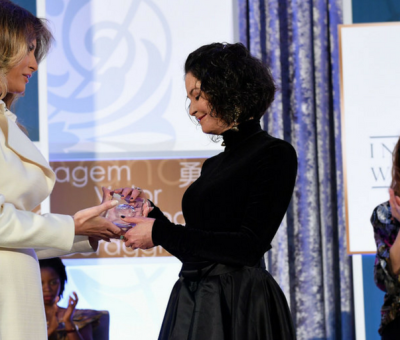
Acid attack. Forced marriage. Paralysis. Rape. Imprisonment. “On the day of my attack, I died. But on that day, I…
Lorne Craner, president of the International Republican Institute, and Kenneth Wollack, president of the National Democratic Institute, answered questions January…

